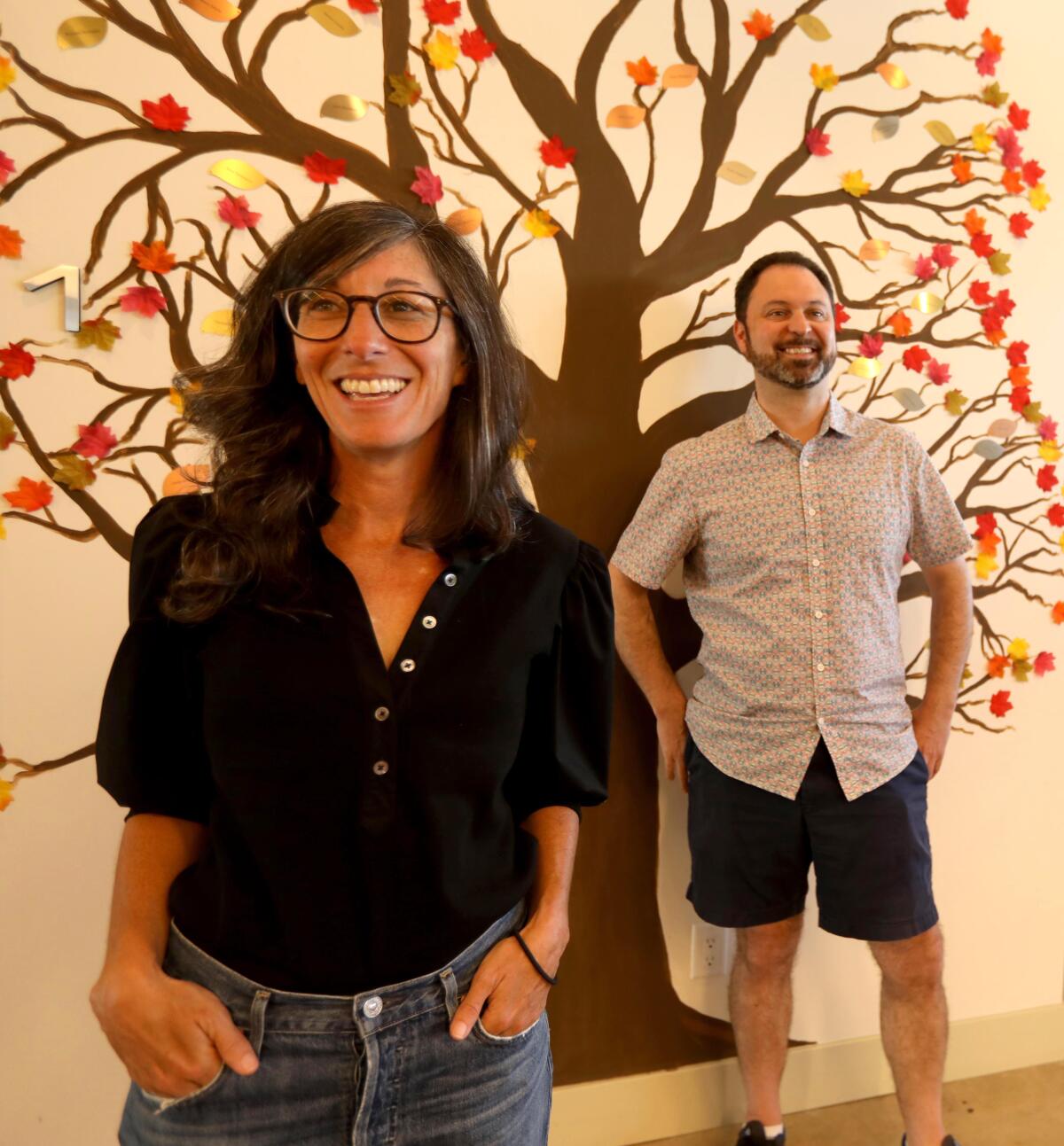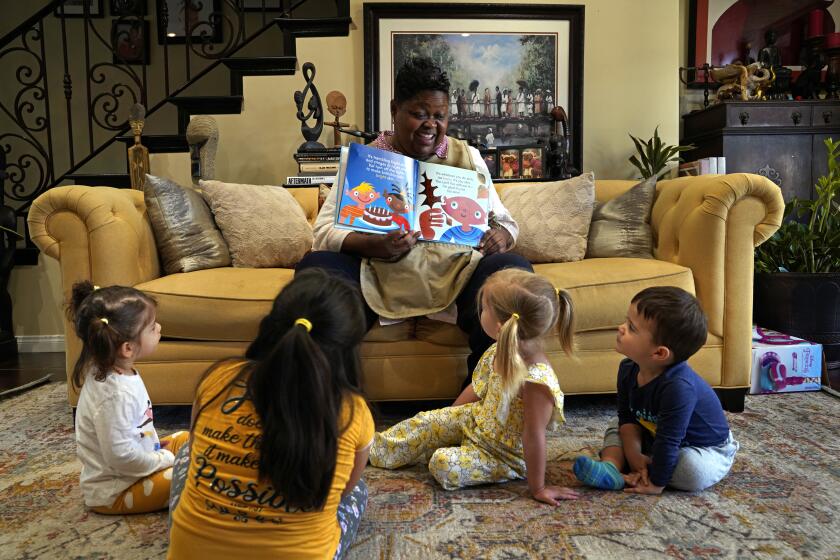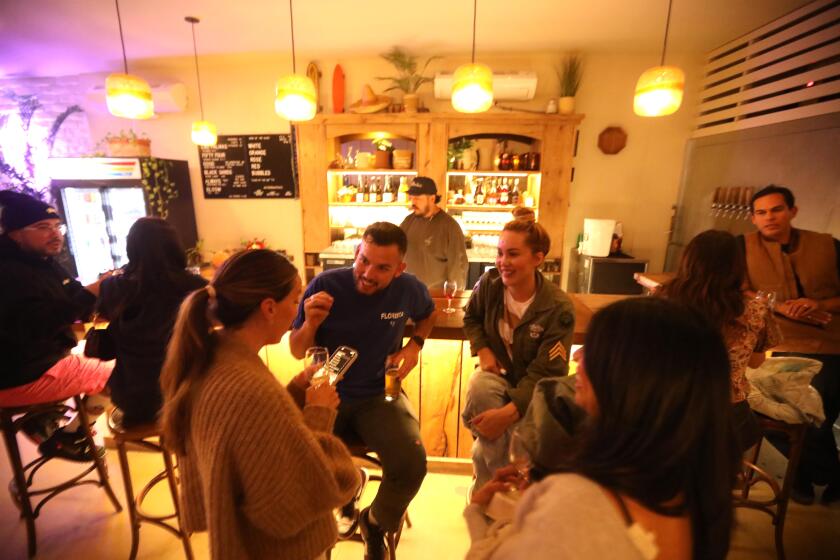Working toward a culture that ‘values empathy, diversity and interdependence’

At the Relational Center in Beverlywood, therapists aren’t just trying to get clients to move from a state of suffering to a place that’s tolerable.
Their goal is to “go beyond that,” said Dan Fink, the organization’s managing director. “Is there a way to support that person to be an activist, so that they can change context around them?
“We have a joke,” Fink continued, “that anybody who wants to be part of the revolution finds us.”
The center was founded in 2007 by Mark Fairfield, a licensed clinical social worker and community organizer. He felt that too often, mental health settings isolated people and made clients feel as if there were something wrong with them. “A majority of the time, people are responding to stressors in the environment — violence, the pandemic, misogyny, racism,” Fink said.
How To Save A Life
Pandemic stress, traumatic events and economic uncertainty have upended our world. This series aims to make the cascade of threats to your mental health a little easier to manage.
In one-on-one therapy and in groups at TRC, therapists ask clients to consider the systemic forces that are contributing to their mental health struggles and then work to empower them to do something about it. According to its website, the center’s ultimate mission is “to lead a shift to a culture that values empathy, diversity, and interdependence. We envision a world in which communities collaborate to practice mindful compassion, mutual support, and civic engagement.”
The therapists at TRC — most of whom are working toward licensure under supervision — are trained to develop their own capacity to build meaningful relationships and community, so that they can support clients in doing the same.
Unlike many sliding scale counseling centers, TRC does not emphasize cognitive-behavioral therapy. Instead, therapists incorporate relational gestalt therapy, which promotes self-awareness and relationship-building between the client and therapist. “We focus on lived experience and why you’ve adapted in certain ways, rather than strategies to avoid bad feelings,” said Jami Winkel, the center’s clinical director.
A list of crisis hotlines, low-fee and sliding scale counseling, support groups, and mindfulness and meditation services
In TRC’s 14-week “bodies and trauma” workshop, participants learn about how their bodies store and relive traumatic experiences and practice techniques for soothing uncomfortable emotions and body sensations as a way to begin healing.
“We want individuals to take this knowledge out of the professional setting and into their families, their communities,” Winkel said. “It doesn’t sound very political, but it undermines the high-price, closed-door nature of mental health services.”
The Relational Center: Therapy for adults, couples and families. Services offered in Spanish. Sliding scale. In addition, TRC offers various groups, classes and workshops, including “Gender Magic” for nonbinary and gender-expansive people, a men’s community support group, and a peer-led group for neurodivergent people. All free, all virtual, 2717 S. Robertson Blvd., Los Angeles, (323) 935-1807, relationalcenter.org
More to Read
Sign up for Essential California
The most important California stories and recommendations in your inbox every morning.
You may occasionally receive promotional content from the Los Angeles Times.













